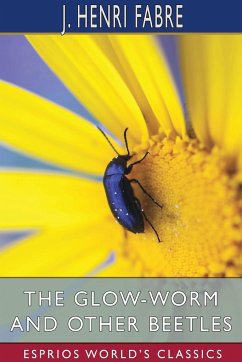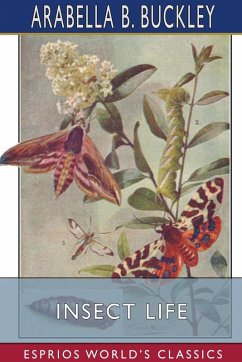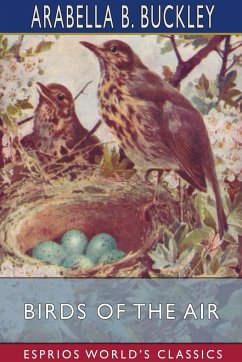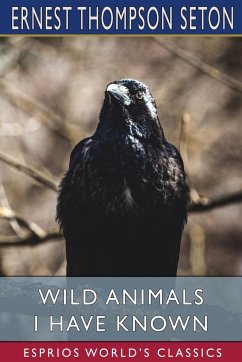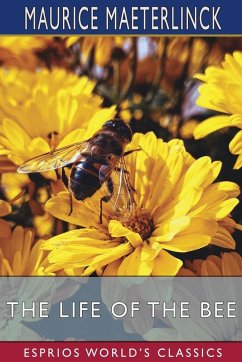Nicht lieferbar
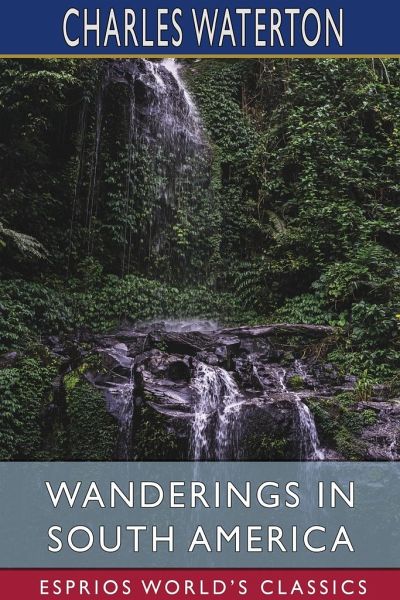
Wanderings in South America (Esprios Classics)
Versandkostenfrei!
Nicht lieferbar
Charles Waterton (3 June 1782 - 27 May 1865) was an English naturalist and explorer. He is best known as a pioneering conservationist. He was educated at Stonyhurst College in Lancashire where his interest in exploration and wildlife were already evident. In 1804 he travelled to British Guiana to take charge of his uncle's estates near Georgetown. In 1812 he started to explore the hinterland of the colony, making four journeys between then and 1824, and reaching Brazil walking barefoot in the rainy season. He described his discoveries in his book Waterton's Wanderings in South America, which i...
Charles Waterton (3 June 1782 - 27 May 1865) was an English naturalist and explorer. He is best known as a pioneering conservationist. He was educated at Stonyhurst College in Lancashire where his interest in exploration and wildlife were already evident. In 1804 he travelled to British Guiana to take charge of his uncle's estates near Georgetown. In 1812 he started to explore the hinterland of the colony, making four journeys between then and 1824, and reaching Brazil walking barefoot in the rainy season. He described his discoveries in his book Waterton's Wanderings in South America, which inspired British schoolboys such as Charles Darwin and Alfred Russel Wallace.




